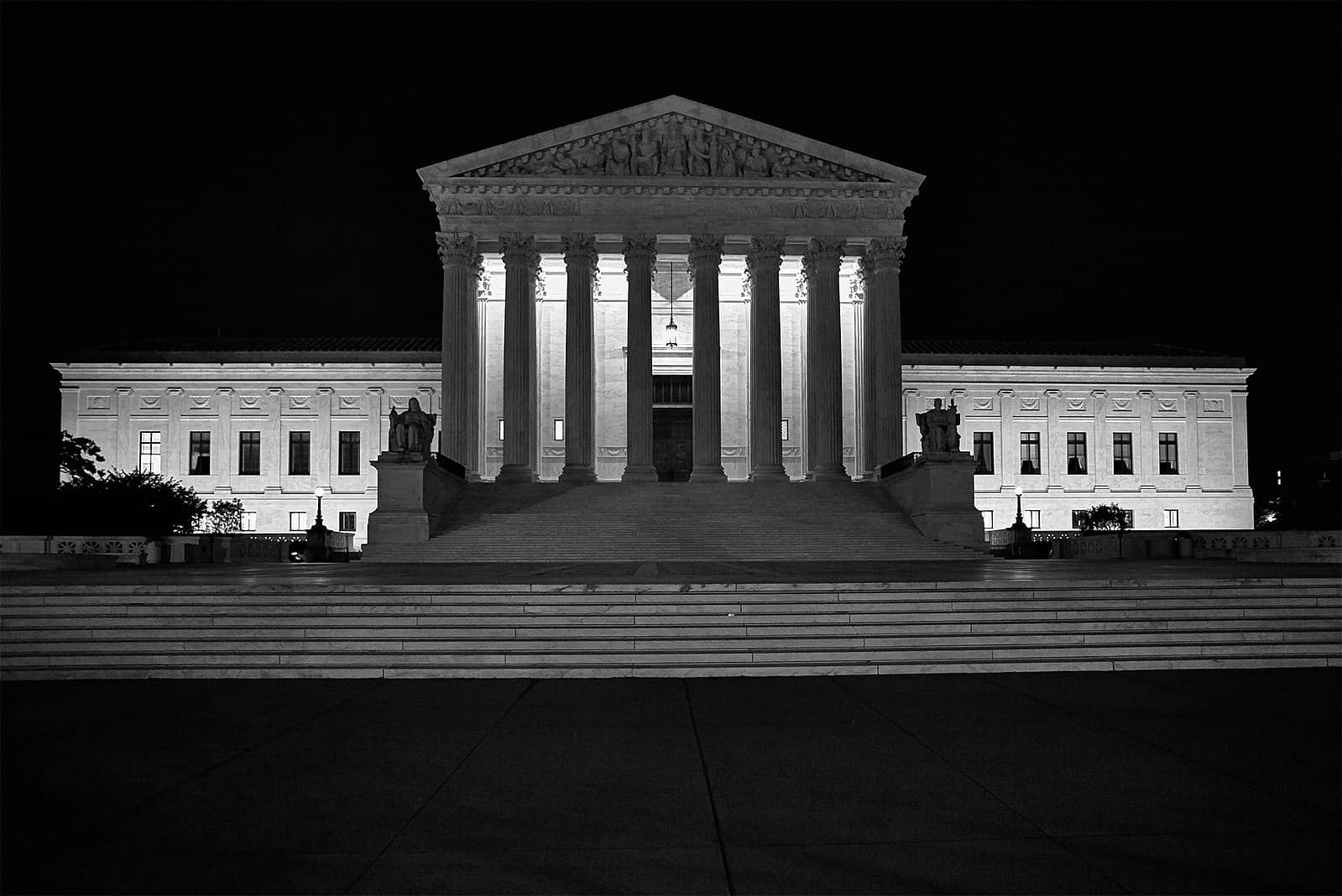
Fred Wang is a student at Harvard Law School.
Forced arbitration denies workers their day in court. Over the past few decades, the Supreme Court has made it increasingly difficult for workers to avoid arbitration. This month, the Court will hear three more cases involving arbitration-related disputes. The first — Morgan v. Sundance, Inc. — concerns whether an employee must make an additional showing of prejudice before a court will conclude that their employer waived its right to arbitrate. The second — Southwest Airlines Co. v. Saxon — asks whether an airline cargo loader is a worker engaged in interstate commerce and therefore exempt from the Federal Arbitration Act, a federal law compelling judicial enforcement of arbitration agreements. And finally, the third — Viking River Cruises, Inc. v. Moriana — contemplates whether states can empower workers who have signed arbitration agreements to still sue their employers for labor law violations on the state’s behalf.
Alto — a new, Dallas-based ride-hailing service — is using employee classification to distinguish itself from competitors like Uber and Lyft. The company promises to set “a new standard for rideshare.” It has its own fleet of luxury SUVs and aims to transition its vehicles to all electric next year. Most importantly, Alto is the first rideshare provider to staff its workforce with full-time employees with benefits and starting wages of $17 to $20 per hour. At a time where rideshare companies are under fire for aggressively pushing to misclassify drivers as “independent contractors,” Alto’s business model is looking to capitalize on a customer base that is more sensitive to workers’ rights.
Relatedly, Teamsters union leadership is backing a Uber- and Lyft-friendly worker-classification bill currently moving through the Washington State Legislature. The bill would legally classify gig workers as “independent contractors,” not employees — in exchange for meager benefits that fall short of the pay employees would be entitled to. Union leaders maintain that compromise now will stave off more aggressive Uber- and Lyft-backed initiatives in the future. But as a new piece in Jacobin argues, there is no promise that gig employers will stand down — and workers would be foolish to trust those who have “betrayed their promises to us and local legislatures time and time again.”






Daily News & Commentary
Start your day with our roundup of the latest labor developments. See all
March 3
In today’s news and commentary, Texas dismantles their contracting program for minorities, NextEra settles an ERISA lawsuit, and Chipotle beats an age discrimination suit. Texas Acting Comptroller Kelly Hancock is being sued in state court for allegedly unlawfully dismantling the Historically Underutilized Business (HUB) program, a 1990s initiative signed by former Governor George W. Bush […]
March 2
Block lays off over 4,000 workers; H-1B fee data is revealed.
March 1
The NLRB officially rescinds the Biden-era standard for determining joint-employer status; the DOL proposes a rule that would rescind the Biden-era standard for determining independent contractor status; and Walmart pays $100 million for deceiving delivery drivers regarding wages and tips.
February 27
The Ninth Circuit allows Trump to dismantle certain government unions based on national security concerns; and the DOL set to focus enforcement on firms with “outsized market power.”
February 26
Workplace AI regulations proposed in Michigan; en banc D.C. Circuit hears oral argument in CFPB case; white police officers sue Philadelphia over DEI policy.
February 25
OSHA workplace inspections significantly drop in 2025; the Court denies a petition for certiorari to review a Minnesota law banning mandatory anti-union meetings at work; and the Court declines two petitions to determine whether Air Force service members should receive backpay as a result of religious challenges to the now-revoked COVID-19 vaccine mandate.